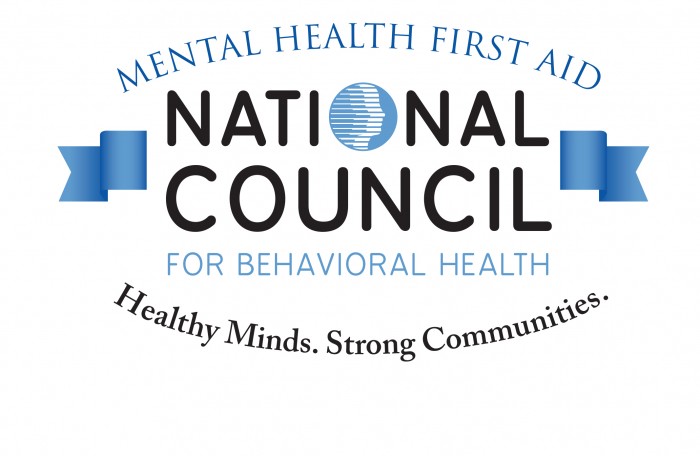National Council Trauma and Recovery-Oriented Toolkit
Flexibility and Collaboration are More Important Than Ever – Access our Trauma and Recovery-Oriented Toolkit
The opioid crisis has affected families across the nation. Approximately 10.3 million people live with an opioid use disorder and there were more than 46,000 opioid-related overdose deaths in 2018. We know that trauma is a significant driver of substance use disorders and scores on the Adverse Childhood Experience index are highly correlated with substance use disorders later in life.
How can you create sustainable system-wide change that addresses trauma and fosters recovery for those you serve?
The Trauma-informed, Recovery-oriented System of Care Toolkit, supported by the Indiana Family and Social Service Administration and piloted in 14 Indiana counties, is a field-informed toolkit developed by the National Council’s foremost experts in shaping recovery-oriented and trauma-informed approaches. It gives actionable guidance to create a framework to implement trauma-informed and recovery focused initiatives, along with scripts, tools, concrete strategies, and recommendations for your community.
You’ll gain the tools and practical examples to:
- Develop and implement trauma-informed frameworks for organizing substance use services within your community, such as identifying and responding to patients with trauma and substance use challenges.
- Create a framework that involves assessing organizational readiness of medication-assisted treatment and practices.
- Address individual and environmental risk factors for substance use through evidence-based programs and strategies.
View our informational webinar on combating the opioid crisis through a trauma-informed, recovery-oriented system of care (TI-ROSC). Sparked your interest? Read our blog post on why the TI-ROSC model may provide a useful framework for improving service delivery and care.
Questions? Contact Sarah Flinspach.
OMHSAS Encounter Forms/Client Signature Suspension
Census Revision: September 30, 2020
DHS Reminds Pennsylvanians that No One is Alone, Help is Available
Torticollis: Impact on the Movement System in Infancy and Throughout Development
Cindy Miles, PT, PhD, PCS, CNDT
Tuesday, October 6, 2020
3–4 pm EDT, 2–3 pm CDT, 1–2 pm MDT, 12–1 pm PDT
Cindy Miles, PT, PhD, PCS, CNDT established her pediatric private practice in 1981. Dr. Miles is a graduate of the University of Pittsburgh, School of Health Related Professionals and East Stroudsburg University with a Master of Education in exercise physiology. She also holds a PhD in Pediatric Science from the Rocky Mountain University of Health Professions. She completed her doctoral research on potential risk factors related to the diagnosis of Torticollis.
Dr. Miles is active in professional organizations, serving as President of the APTA Academy of Pediatric Physical Therapy and is presently the Chair and Meeting Planner for the APTA Pediatrics Annual Conference. Dr. Miles presents nationally on pediatric private practice and reimbursement as well as nationally and internationally on Torticollis, Plagiocephaly, and Fitness for All Abilities. She has published in peer review journals and books on topics related to pediatric physical therapy.
Course Objectives:
At the end of the session, the learner will:
- Identify the impact of a diagnosis of torticollis on movement and associated body structures and function beyond infancy;
- Relate musculoskeletal consequences and changes in motor development to environmental variables and changes in parent behaviors; and
- Discuss appropriate referrals, parent education, and treatment as a means to prevent, identify, and treat visual-motor consequences associated with torticollis.
Audience: This webinar is intended for all members of the pediatric rehabilitation team including medical staff, physical therapists, occupational therapists, speech language pathologists, licensed psychologists, mental health professionals, and other interested professionals.
Level: Intermediate
Disclosures: Dr. Miles has no relevant financial or non-financial relationships to disclose.
Registration is now open. All webinars are free for members of IPRC/RCPA. Registration fee for non-members is $179. Not a member yet? Consider joining today. Multiple registrations per organization are permitted.
This course has been submitted for 0.1 PT CEUs in PA (1 Contact Hour)
This course has been submitted for 0.1 OT CEUs (1 Contact Hour)
*Occupational Therapists must attend the full session and complete a course evaluation following the presentation to receive credit. Group registrations are permitted.
Certificates of Attendance are available for all participants.















